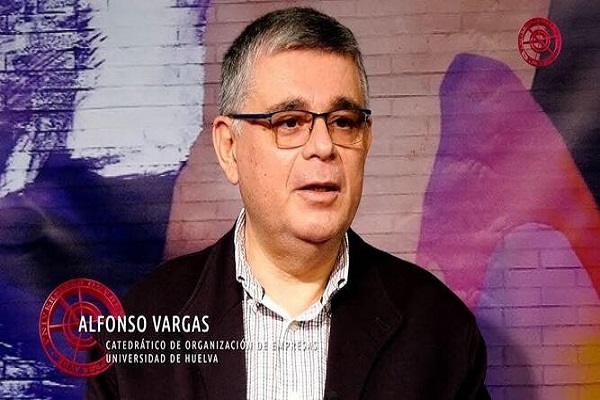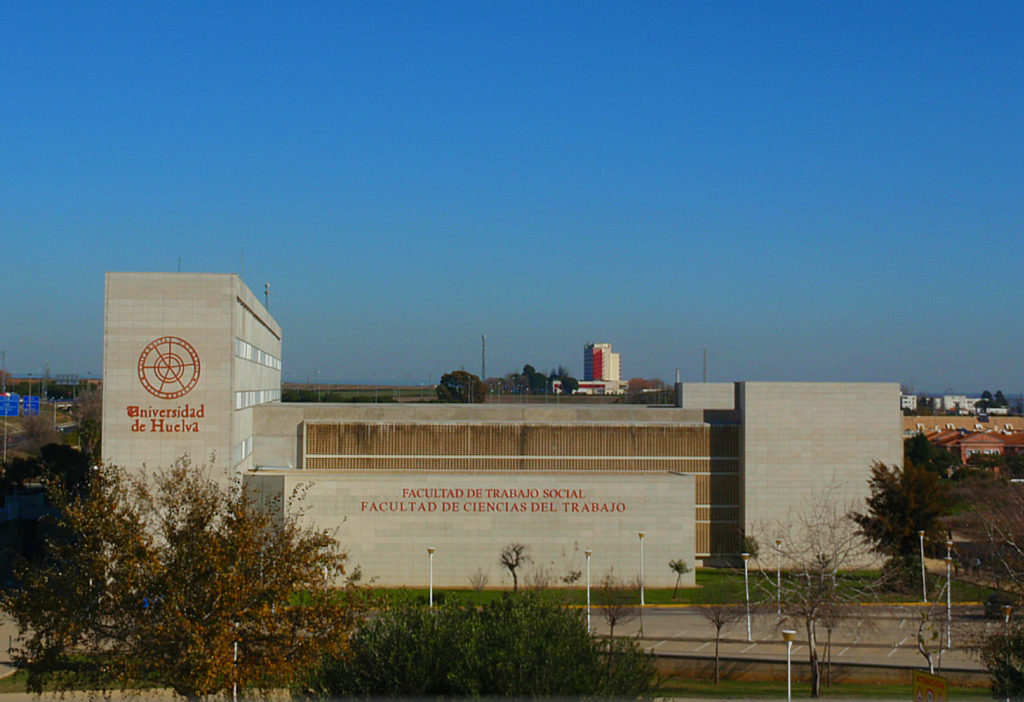
 "
"

 "
"

Halal tourism is a type of tourism in which all decisions and actions are made in accordance with Islamic Sharia.
Halal tourism can be defined as a branch of religious tourism in which measures are organized in such a way that they are suitable for Muslim families who follow Islamic laws.
This type of tourism has grown in popularity in recent years as investors have recognized the industry’s potential and made investments to improve the quality of Muslim-friendly destinations.
Halal tourism destinations have certain characteristics. Serving alcoholic beverages or pork, for example, is prohibited, and they are equipped with adequate prayer areas.
According to studies, the number of Muslim tourists has increased significantly in recent years, and some experts believe that many countries around the world will take measures to meet their needs.
Professor Alfonso Vargas of the University of Huelva has been contacted by IQNA to further investigate the issue.
He graduated from the University of Seville with a bachelor’s degree in Business Administration in 1985 and a doctorate in Business Administration in 1993. (Spain).
He also holds the Antonio de Nebrija and Politécnica de Catalua Universities’ Diploma in Senior University Management (2007), as well as the Universitat Oberta de Catalunya’s Certificate of Specialization in Tourism Destination Planning (2009).
He is currently a Full Professor in the Management and Marketing Department at the University of Huelva, where he has worked since 2001.

The following is the complete transcript of his interview with IQNA:
IQNA: Many non-Islamic countries have paid attention to halal tourism in recent years while investments have also been made here. What do you think is the reason for this attention?
Vargas: The reason is twofold: one relates to the increasing size of this segment and the other because of its spending level.
The first connects with the growth of the Muslim population worldwide: the Pew Research Center has estimated that it will represent one in three people in 2050 (the increase of the resident population in Western countries is an extra factor to consider). Obviously, this determines the number of international Muslim travellers’ arrivals, estimated at 160 million in 2019 (Mastercard-CrescentRating GMTI 2021), and their travel expenses.
In this regard, and this is the second reason, it is a segment with a relatively high average expenditure per person, with, therefore, a noteworthy economic impact on destinations. Its familiar character contributes to raising this impact.
IQNA: What do you think are the biggest challenges for the growth of the halal tourism industry in the world?
Vargas: From my perspective, the main challenges are two:
-The increase in the awareness of the opportunity that this market segment can represent, together with how to harness it. The availability of more information and training to tourism operators are, therefore, imperative.
-As the Muslim market is a very broad and heterogeneous segment due to the existence of different interpretations of Islam and levels of religiosity, the existence of a single halal (or at least Muslim-friendly, although not fully halal) standard and certification with global recognition would be a huge step forward to remove barriers for its international expansion.
IQNA: Spain is one of the countries with a history of Muslim presence in its history. To what extent can this issue attract Muslim tourists?
Vargas: Certainly, Spain is one of the countries that treasures the most historical and artistic heritage of Arab origin. The Muslim presence in the Iberian Peninsula for almost eight centuries has left an indelible tangible and intangible mark on buildings, names, customs…
This rich cultural heritage makes this country a destination with a clear potential for attracting Muslim tourists. Thus, specialized travel agencies, webs, blogs and forums dedicated to halal tourism recommend visits to the most outstanding representatives of the Arab legacy present in the history and heritage of Spain.
For instance, the Global Muslim Travel Index 2019 reflects the remarkable growth potential of this market segment for Spain, ranked as the second most attractive European destination (only behind the United Kingdom and at the same level of France). It is also in 9th position among non-OIC (Organization of Islamic Cooperation) countries and in 1st position among inbound destinations for Muslims in non-OIC countries. The pandemic has eroded its relative position in the Global Muslim Travel Index 2021, but its potential is intact.
Official statistics also show a noticeable increase, in the last years before the pandemic, in the number of arrivals of tourists from North African countries (such as Morocco) and the Middle East (particularly United Arab Emirates and Saudi Arabia).
IQNA: What is the status of the halal tourism industry in Spain and what measures have been taken to attract Muslim tourists?
Vargas: From tourism development point of view, the challenge is to convert the abovementioned extraordinary resource base into products that fits the needs of this market segment. To make it, the creation of an ecosystem where the various stages of the tourism supply chain are present is critical: transport, hotels, restaurants, leisure activities, etc.
In this line, gaining knowledge about halal tourists’ profiles, perceptions and behaviours, together with the right implementation of this type of offering in the various tourism subsectors (accommodation establishments, food providers, etc.), is essential for tourism operators. In this sense, the authentication of halal or Muslim-friendly services is a key factor.
In this regard, the guidance and certification provided in Spain by the Halal Institute is notable. This is an organization dependent of the Islamic Board of Spain, which plays a central role in support of companies facing the challenge of thriving in the halal or Muslim-friendly market.
Before the pandemic, Turespaña -the public body in charge of promoting Spain as a travel destination in the world- launched a new campaign in which halal tourism was one of the segments to target. In this line, some regions are also adding their marketing efforts in the same direction, such as its Southern region, with the campaign “Andalusia your roots, your destination: Halal Tourism”, based on the formidable historical and artistic heritage of Muslim origin.
IQNA: How do you assess the future of the halal tourism industry?
Vargas: Once the pandemic is over, halal tourism will recover its vigour and attractiveness, fuelled, in the short term, by the contained desire of travelling and, retaking the structural factors that determine its development, by the expected upward evolution of the population that professes this creed together with the reinvigoration of economic growth in outbound Muslim tourism markets. Nonetheless, I envisage a halal tourism market at the international level with a more marked dual character, where major inbound destinations -such as European countries- will target the high-end (luxury) segment with renovated commercial efforts and experiential products.